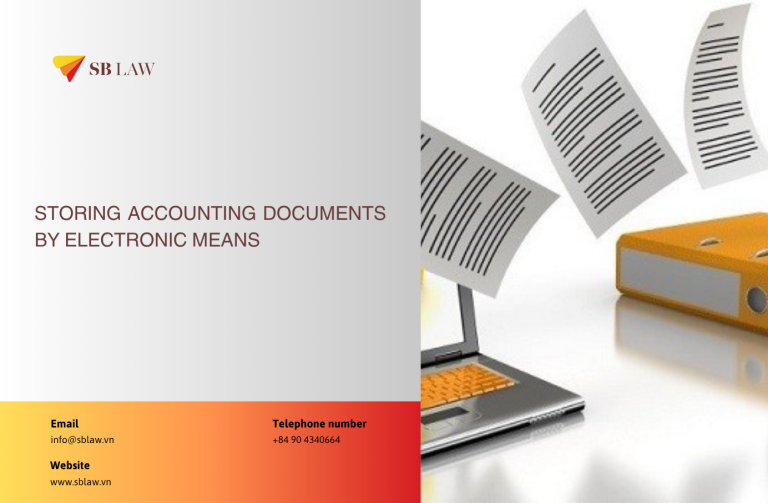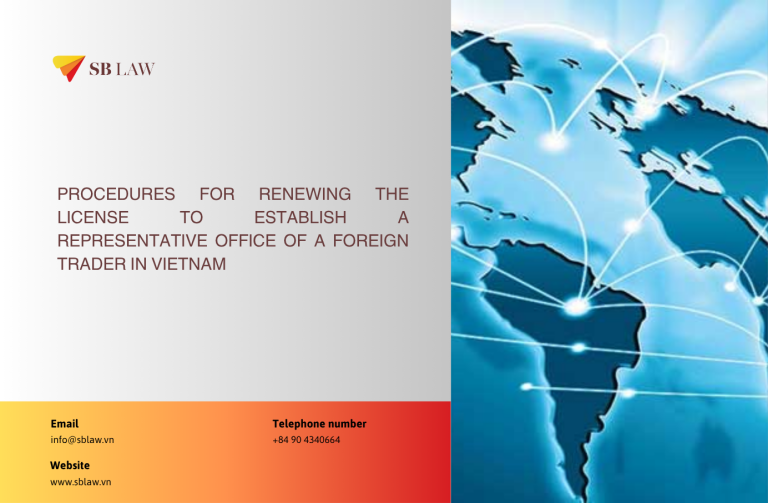In brief: Law on Enterprises No. 59/2020/QH14 dated June 17th, 2020 (Hereinafter referred to as “Law on Enterprises 2020”) passed by the National Assembly takes effect from January 01st, 2021, supersedes the Law on Enterprises No. 68/2014/QH13 dated November 26th, 2014 (Hereinafter referred to as “Law on Enterprises 2014”). In comparison with the Law on Enterprises 2014, the Law on Enterprises 2020 is assessed to comprise many significant changes. Via this article, the author will analyze as well as point out remarkable changes on capital contribution as specified in Law on Enterprises 2020, in particular: (i) assets contributed as capital and (ii) time limit for capital contribution in limited liability company with two or more members. These regulations are expected to make notable changes on the market, from the perspective of both enterprises and state management.
Keywords: Law on Enterprises 2020, Law on Enterprises 2014, capital contribution.
In the past 09th session dated June 17th, 2020, the National Assembly passed Law on Enterprises No. 59/2020/QH14 which takes effect from January 01st, 2021 (Hereinafter referred to as “Law on Enterprises 2020”) and supersedes the Law on Enterprises No. 68/2014/QH13 dated November 26th, 2014 (Hereinafter referred to as “Law on Enterprises 2014”). Hence, in order to provide readers with prompt access to the changes in the Law on Enterprises 2020, the author would like to share comments on remarkable points regarding capital contribution in the Law on Enterprises 2020 as follows:
First of all, with respect to assets contributed as capital.
Under the Law on Enterprises 2014, assets contributed as capital may be in the form of Vietnam dong, freely convertible foreign currencies, gold, value of land use rights, value of intellectual property rights, technologies, technical know-how and other assets that can be valued in Vietnam dong. Only individuals and organizations that are lawful holders of the above-mentioned rights may use such assets for capital contribution.
Article 34 of Law on Enterprises 2020 stipulates that assets contributed as capital shall be in the form of Vietnam dong, freely convertible foreign currencies, gold, land use rights, intellectual property rights, technologies, technical know-how and other assets that can be valued in Vietnam dong. Only individuals and organizations that are lawful owners or have lawful use right of assets prescribed in Clause 1 of Article 34 have the right to use such assets for capital contribution in accordance with the laws.
Therefore, in comparison with the provisions on assets contributed as capital set forth in the Law on Enterprises 2014, the Law on Enterprises 2020 has changed the term “value of land use rights, value of intellectual property rights” into “land use rights, intellectual propertyrights”. This change to the term "land use rights, intellectual property rights" used in the Law on Enterprises 2020 is in line with the nature of rights to property - one of the subjects considered as property according to the provisions set out in the Civil Code 2015.
Regulation on assets contributed as capital under the Law on Enterprises 2020 has changed from “only individuals and organizations that are lawful owners” to “only individuals and organizations that are lawful owners or have lawful use right”. Lawful owners set forth herein are construed as individuals and organizations have lawful right to own property. Individuals and organizations have lawful use right specified herein are not the owners but have the right to use the property as agreed by the owners or in accordance with regulations stipulated by laws. Therefore, Law on Enterprises 2020 has broadened subjects used for capital contribution in comparison with Law on Enterprises 2014. Foreign investors should pay attention to this regulation upon contributing capital to enterprises in Vietnam.
Secondly, provisions on time limit for capital contribution in limited liability company with two or more members.
Under the Law on Enterprises 2020, the time limit for capital contribution has not been changed (within 90 days after the enterprise registration certificate is granted). Nevertheless, the Law on Enterprises 2020 clarifies that this time limit excludes the time of transporting, importing assets contributed as capital and performing administrative procedures to transfer the ownership of assets.
This new provision may assist investors to avoid violating regulation on the time limit for capital contribution due to taking too much time to implement procedures for importing, transporting and transferring the ownership of assets contributed as capital. However, the crucial point here is when do capital contributors have to commence the aforesaid procedures? How we can determine expiration date based on the time limit without the commencement date. In addition, it is easy to take advantage of this regulation to extend the time limit for capital contribution such as registering capital contribution with very small amount of money, with tremendous assets.
The registered capital is enormous but de facto capital contributed within the first three months can be very small. Otherwise, enterprises may register small initial capital contributions and then greater additional ones due to the fact that the Law on Enterprises 2020 sets no time limit for additional capital contributions. Furthermore, in case, within 90 days after the enterprise registration certificate is granted, any capital contributors fail to contribute or insufficiently contribute capital as committed, enterprise shall register for the adjustment of charter capital, capital contribution ratios of the members according to the paid-in capital amount within 30 days from the last date the charter capital was due to be contributed in full. Pursuant to Clause 4 of Article 48 of the Law on Enterprises 2014, the time limit mentioned above is 60 days.
In the event that the enterprise fails to register for the adjustment of its charter capital within 30 days as aforesaid, the enterprise will be administratively sanctioned according to the provisions set forth in Clause 3 of Article 28 of Decree 50/2016/ND-CP. Accordingly, a fine of VND 10,000,000 - VND 20,000,000 shall be imposed for failure to register changes to the business registration authority when Charter capital is inadequately contributed as registered. Foreign investors should concentrate on this regulation in order to avoid incurring penalties upon contributing capital to limited liability companies with two or more members.
Hence, the Law on Enterprises 2020 has promptly amended and supplemented new terms and regulations to be more consistent with the reality that enterprises are encountering, at the same time, to remove restrictions and inadequacies in the Law on Enterprises 2014, thereby creating a favorable investment and business environment, concurrently in line with global trends. Nevertheless, in order to apply regulations safely and effectively, enterprises need to be carefully instructed and remarked on the terms, legal consequences and risks that may arise.
Via the aforesaid remarkable changes, the author wishes this article can be helpful to readers whatsoever upon getting prompt access to the new regulations on capital contribution of the Law on Enterprises 2020, which ensures a smooth and effective business operations and hereby contributes to the reformation of economic institutions, enhances competitiveness in investment and business environment, promotes domestic resources, attracts foreign investment to maintain growth and development, thereby contributing to solving social issues and advancing national competitiveness.




